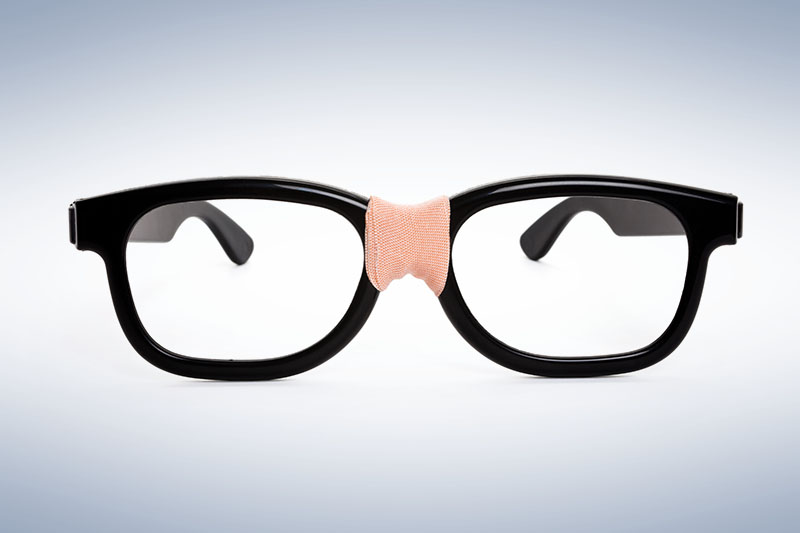Experts are divided as to why, but applicants to medical school soared by nearly 18% last year, an all-time record high. That’s more than double the previous high set in 2007-08. The number of accepted students and new enrollments also set record levels, making the first-year class of 2021 the largest and most diverse of any previous year.
Whether it was the pandemic, a shift to remote interviews, or as a response to social justice issues that boosted the unprecedented number of motivated, aspiring doctors – if you’re one of them that’s good news, right?
Well, yes. And no.
According to the Association of American Medical Colleges, the increased competition has made it harder for candidates to get accepted. The number of accepted students increased by more than 2%, but medical schools haven’t expanded class sizes significantly, owning to the need for larger spaces and classrooms, added equipment, and additional faculty.
In his role as Associate Dean for Admissions at Johns Hopkins Medical School, Dr. James Weiss led the recruitment of more than 2,000 medical students. He has since turned that expertise into Med School Advisory, a small consultancy he founded to coach aspiring medical professionals through what can be a daunting admissions process.
The essence of his guidance follows the same philosophy he practiced at Hopkins, “Admissions committees don’t particularly love narrow-minded ‘geeks,’” said Dr. Weiss. “Reviews of each candidate must go well beyond GPA and MCAT scores, taking into consideration the individual’s life circumstances, community service and leadership activities. Service activities, humanistic endeavors, and patient care exposure are highly desirable in the eyes of admission committees.”

